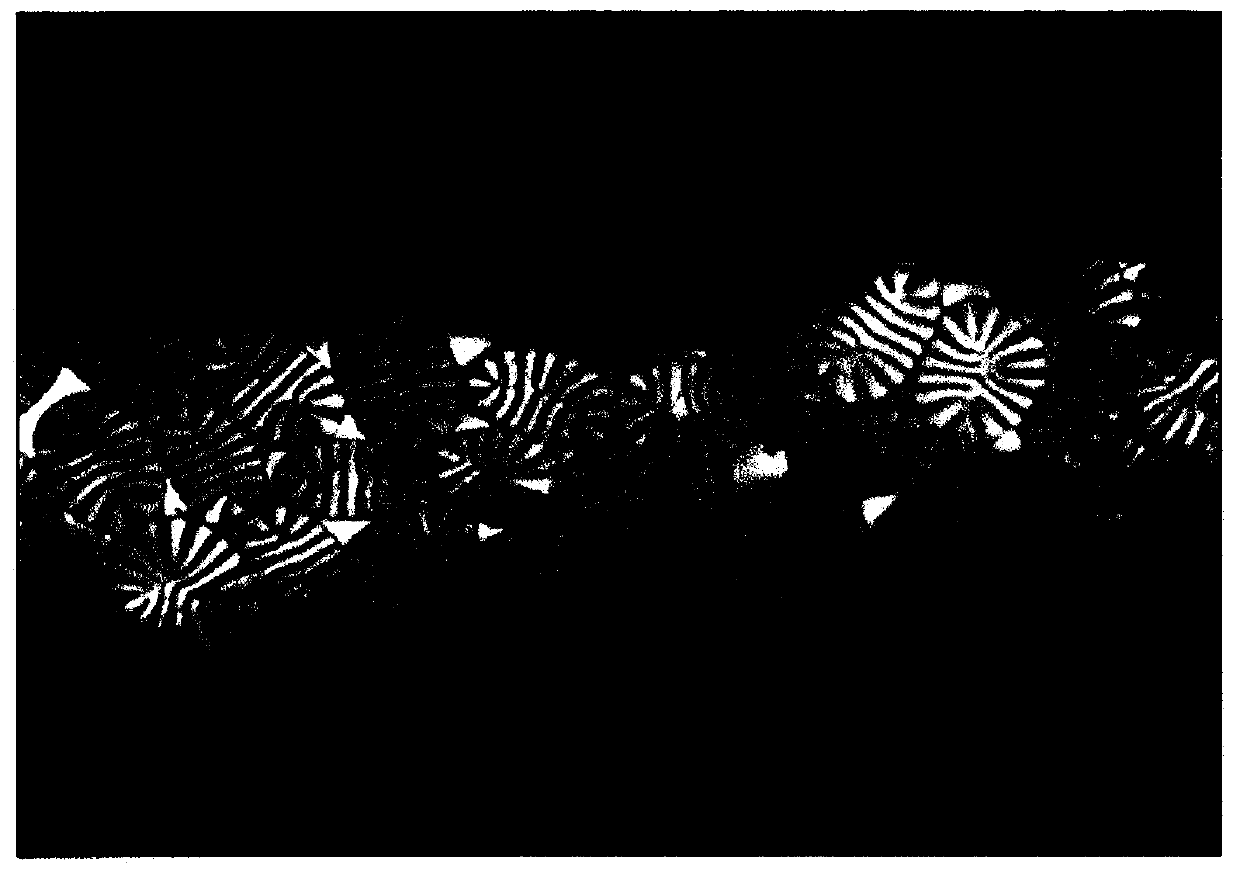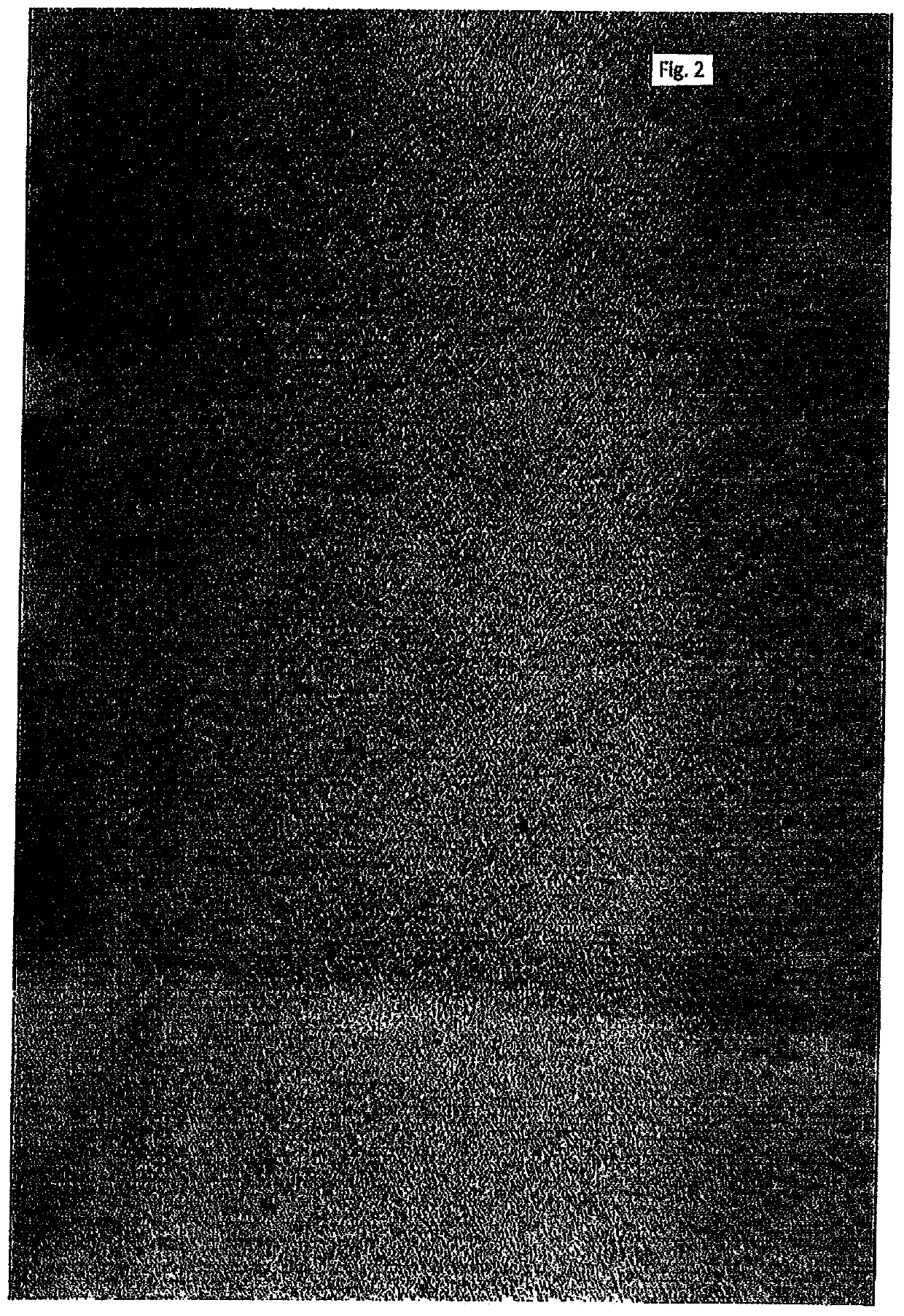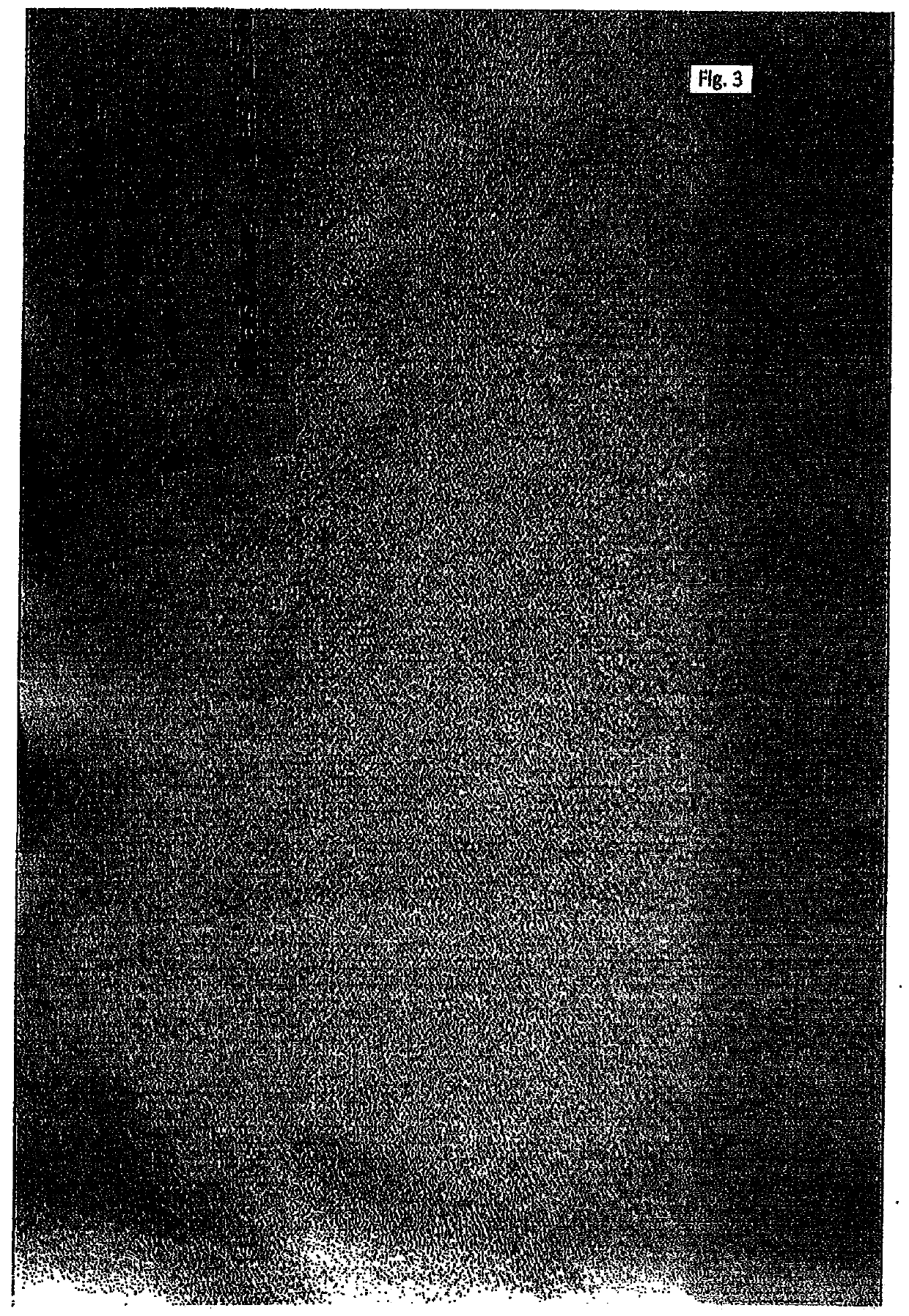Microfiber Composite Nonwoven Fabric
A non-woven fabric and ultra-fine fiber technology, applied in textiles and papermaking, non-woven fabrics, bed sheets, etc., can solve the problems of poor use characteristics of ultra-fine fibers, and achieve comfortable skin feel and appearance, good cleaning efficiency, good cleaning efficiency, etc. Effects of thermophysiological comfort
- Summary
- Abstract
- Description
- Claims
- Application Information
AI Technical Summary
Problems solved by technology
Method used
Image
Examples
example 13
[0138] Example 13: Detection of different parameters of nonwoven fabrics
[0139] Detection is based on the following criteria:
[0140]
[0141]
[0142] The results of the tests are shown in the table below:
[0143] Textile physical analysis processing:
[0144]
[0145]
[0146] When analyzing the results of Table 3 it was first found that in all samples which consisted entirely of Pie-32 or of Pie-32 located on the outside, a particularly high washing resistance was recorded on the outside. This is as surprising as it is unpredictable: thin filaments show good mechanical stability. However, towels composed entirely of Pie-32 are only of limited durability, since towels have a much lower tear strength in the first place. In contrast, the composite nonwovens according to the invention are distinguished not only by satisfactory tear strength and maximum tensile strength, but also by good washing resistance. Furthermore, it can be seen from the table that, sur...
example 15
[0151] Example 15: Detection of continuous washing results of non-woven fabrics:
[0152] Samples were automatically washed out sequentially, interrupted for judgment after every 50 garments, and continued washing until identifiable hole formation. Then interrupt the wash:
[0153]
[0154]
example 16
[0155] Example 16: Visual inspection of nonwoven fabrics
[0156] exist Figures 2 to 6 Photographs of exemplary nonwoven fabric surfaces are shown in .
[0157] exist figure 2 shows the surface structure of nonwoven fabric No. 2 not according to the invention after 250 washing cycles. This shows that the surface is very rough and has a high pilling score.
[0158] exist image 3 shows the surface structure of nonwoven fabric No. 1 not according to the invention after 250 washing cycles. The surface, while having an improved profile compared to No. 2, was rough throughout and had a high pilling score.
[0159] exist Figure 4 shows the surface structure of nonwoven fabric No. 3 not according to the invention after 250 washing cycles. The surface has a much improved profile compared to Nonwoven No. 2. As already mentioned above, a nonwoven consisting entirely of patty-32 is only limitedly durable, since it above all has too low a tear strength.
[0160] exist Figure 5...
PUM
 Login to View More
Login to View More Abstract
Description
Claims
Application Information
 Login to View More
Login to View More - R&D
- Intellectual Property
- Life Sciences
- Materials
- Tech Scout
- Unparalleled Data Quality
- Higher Quality Content
- 60% Fewer Hallucinations
Browse by: Latest US Patents, China's latest patents, Technical Efficacy Thesaurus, Application Domain, Technology Topic, Popular Technical Reports.
© 2025 PatSnap. All rights reserved.Legal|Privacy policy|Modern Slavery Act Transparency Statement|Sitemap|About US| Contact US: help@patsnap.com



